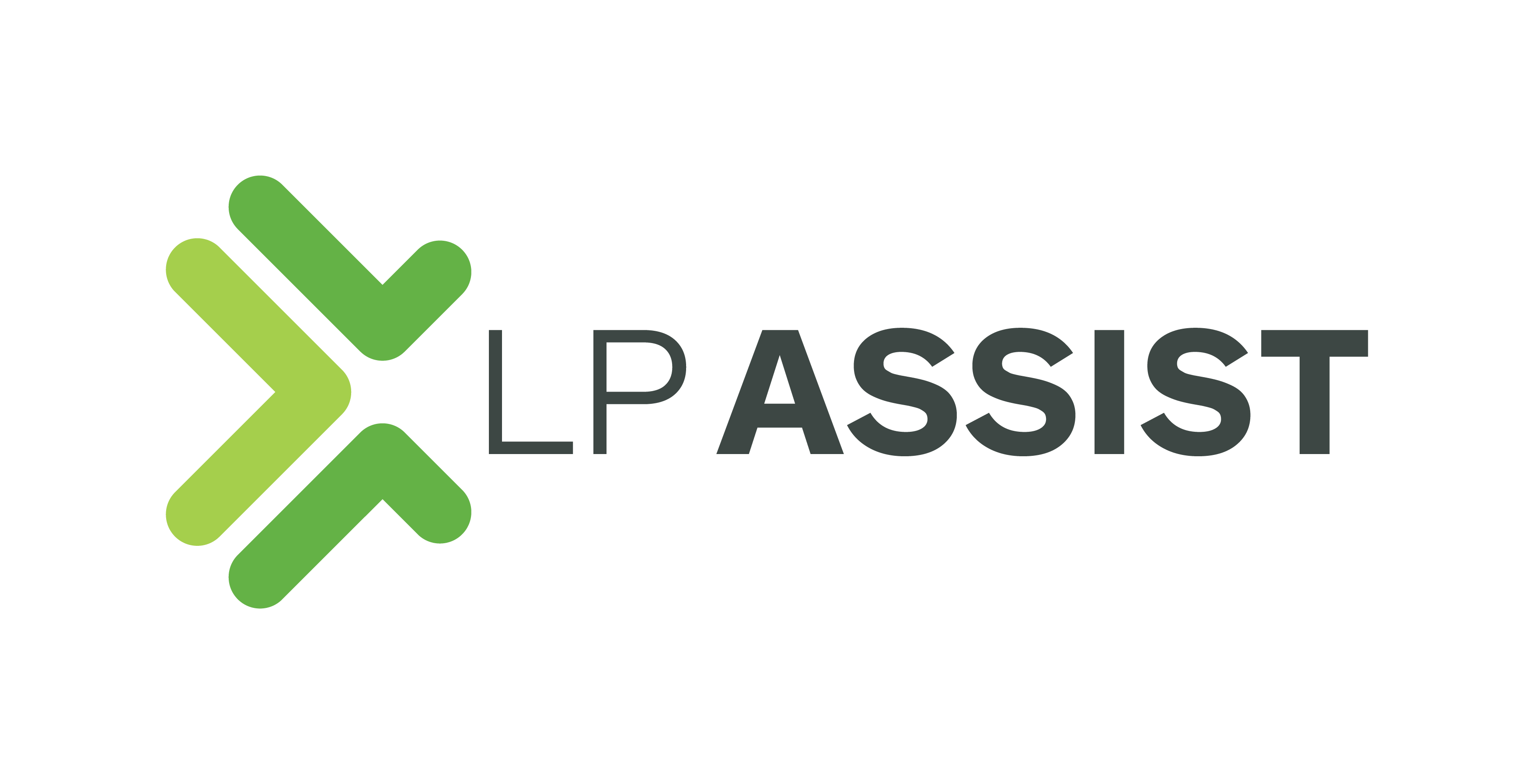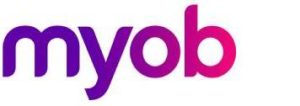You’ve decided to hire a bookkeeper, but how do you find and choose the right person for the job? This can seem like a daunting task. You want to find a bookkeeper who is reliable, efficient, effective, and who keeps your business and industry in mind as they work. So, here’s our top five elements to consider when choosing someone to manage your bookkeeping and how to find a high quality bookkeeper.
1. Industry Experience
Every industry operates differently and while many bookkeeping processes are very similar between industries, it can make life easier if you have a bookkeeper that understands your industry. Perhaps there is jargon your industry uses or specific industry requirements to comply with. It’s simpler to work with a bookkeeper who understands these requirements, language and your typical customer so you don’t have to teach them. A bookkeeper with industry-specific knowledge may also be more proactive, providing valuable insights on how you can add value or achieve your goals using your financial information or streamlining processes.
2. Scope of Work
What tasks do you want your bookkeeper to complete? Do you just want them to manage regular compliance tasks or do you want someone who can streamline your processes to save money and time? Do you want someone who can provide insight into financial data and help you use this data to make smart financial decisions?
Understanding the scope of the work you require will help ensure you hire a bookkeeper that can do everything so you won’t need to engage multiple parties or be left with tasks you would rather outsource.
3. Qualifications
The title Bookkeeper can be used by anyone involved in the preparation of financial records. There is no formal qualification required to use this title, making it hard to find and differentiate between experienced bookkeepers and those with little or no relevant experience.
Ask your prospective bookkeeper to provide qualifications and/or experience to support their bookkeeper title. Many respected bookkeepers are members of the Institute of Certified New Zealand Bookkeepers (ICNZB). To become a member of ICNZB, bookkeepers must pass knowledge tests and provide proof that they are actively growing their knowledge through attending relevant courses and studies. A bookkeeper may also have (or alternatively) studied a bookkeeping course at a tertiary institute.
4. An Understanding of Business Software and Tools
These days, businesses use lots of different software to run their business. It is important that your new bookkeeper understands the financial software you use.
Maybe you use Xero, Farm Focus, MYOB or an industry specific software. You may have tools or software for inventory management, budgeting, document management, payroll, or payment providing. Decide if it is relevant for your bookkeeper to understand these systems and if so, ask your potential bookkeeper what experience they have with the software you use.
If you are using Xero, look for a Xero certified advisor. These bookkeepers have a great basic understanding of Xero and are required to maintain certification by completing quarterly study requirements and tests. You can find a list of Xero certified bookkeepers on the Xero Advisor Directory.
5. Future Proofing
If the bookkeeper you’re considering is a sole trader, make a plan to ensure you’re covered if they go on leave, become ill, or retire. This might include you taking over the bookkeeping for a period or finding a different bookkeeper.
Bookkeeping practices, such as LP Assist, are required to find a solution to staff shortages to ensure your bookkeeping tasks continue to progress smoothly. Consider hiring a practice if you want the security of knowing your bookkeeping will always be taken care of.
How to find a good bookkeeper
Personal recommendations are very helpful when trying to find a quality bookkeeper. Ask your friends, family, or local business owners if they would recommend anyone. You could also ask your accountant if they can recommend someone, as they understand the importance of quality bookkeeping throughout the year to make end of year reporting and filing straightforward.
Once you’ve got a recommendation or are considering a certain bookkeeper, make sure to check out their reviews. You can find LP Assist’s reviews on Google and on our website, and most reputable bookkeepers will have reviews in similar locations.
Ask prospective bookkeepers about all the aspects we’ve covered in this blog post, from qualifications to the scope of work they can help you with, and use those answers to make an informed decision.
The team at LP Assist would love to be considered in your search for the perfect bookkeeper. We help organisations throughout New Zealand manage their regular bookkeeping tasks, streamline their bookkeeping processes, and use their financial data to make informed business decisions. Get in touch to see how we can help.








